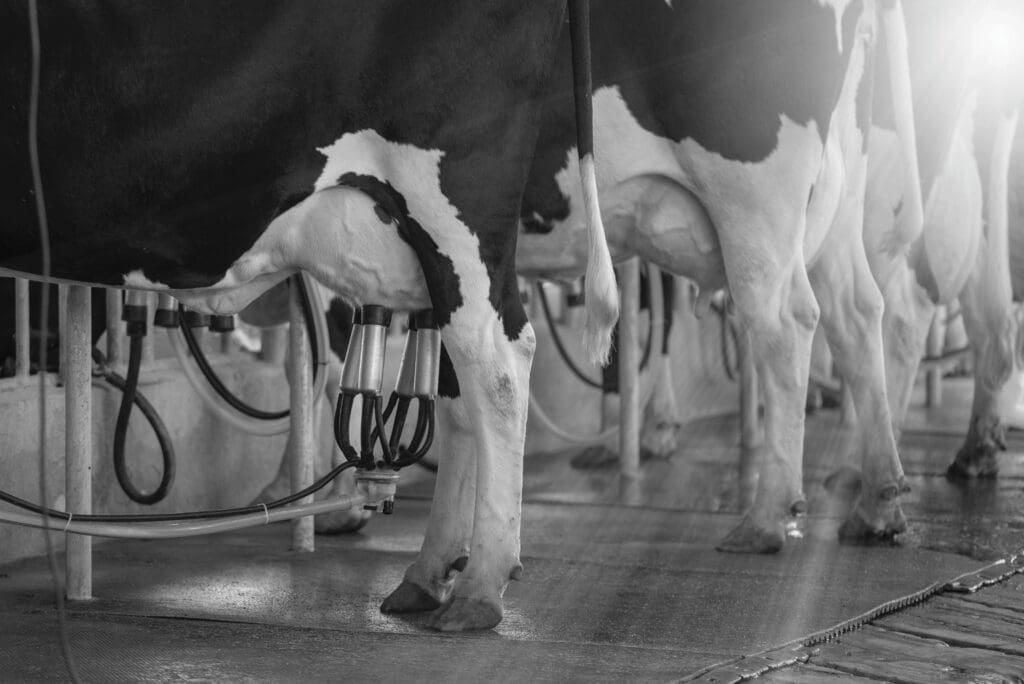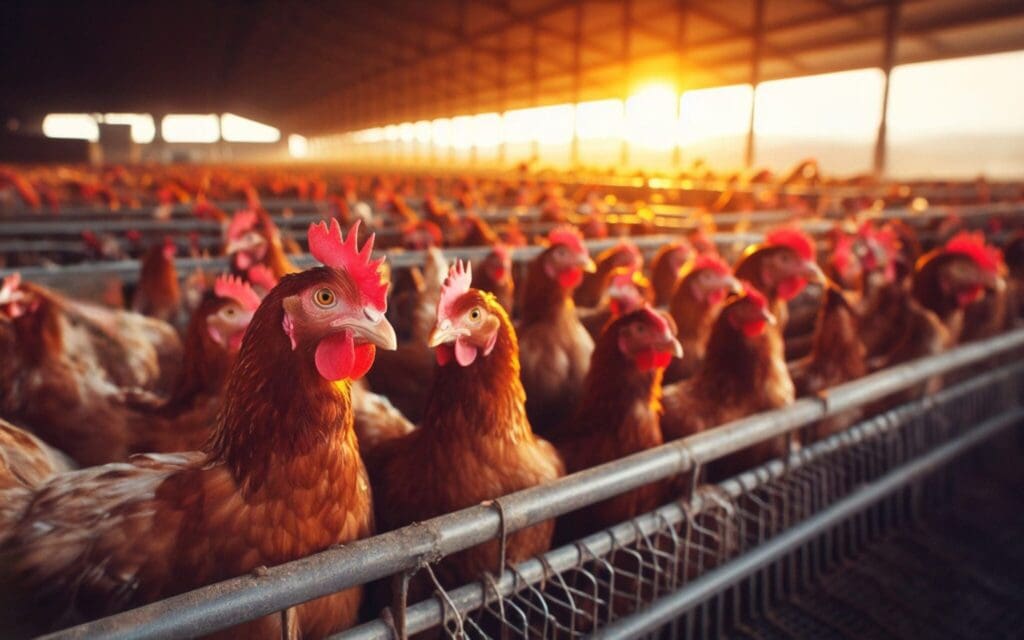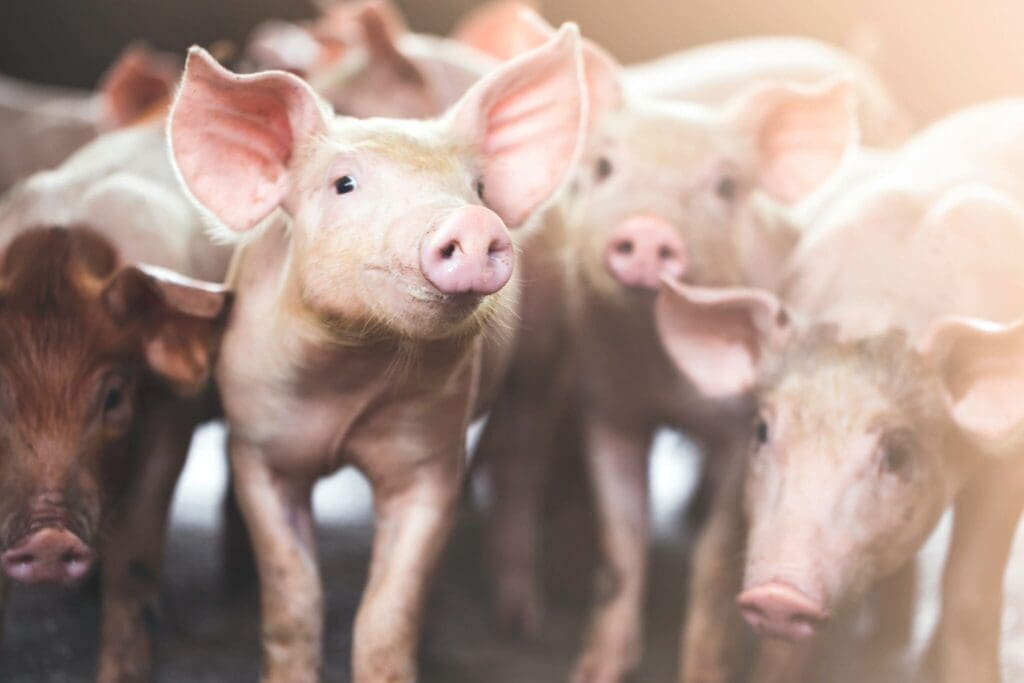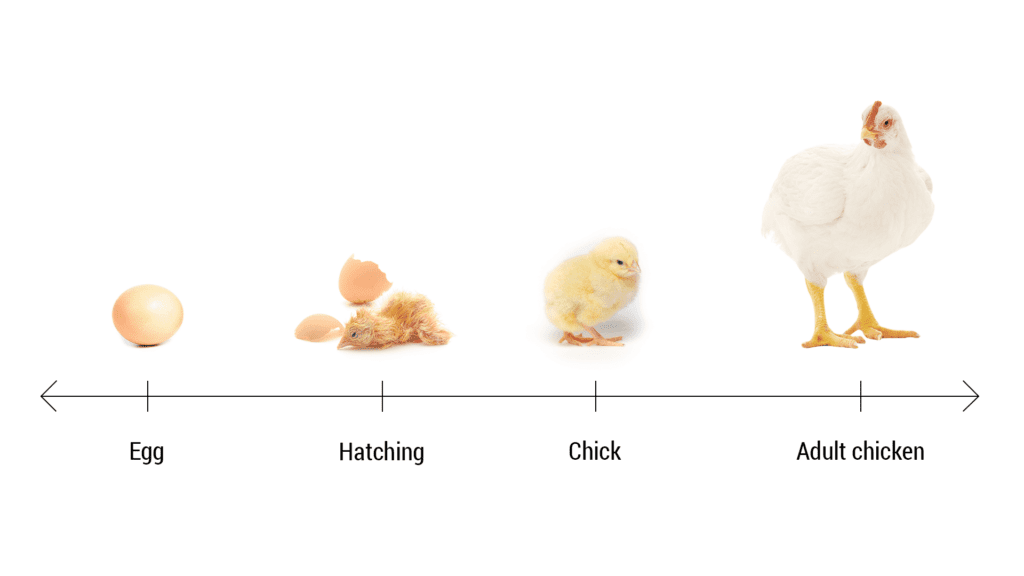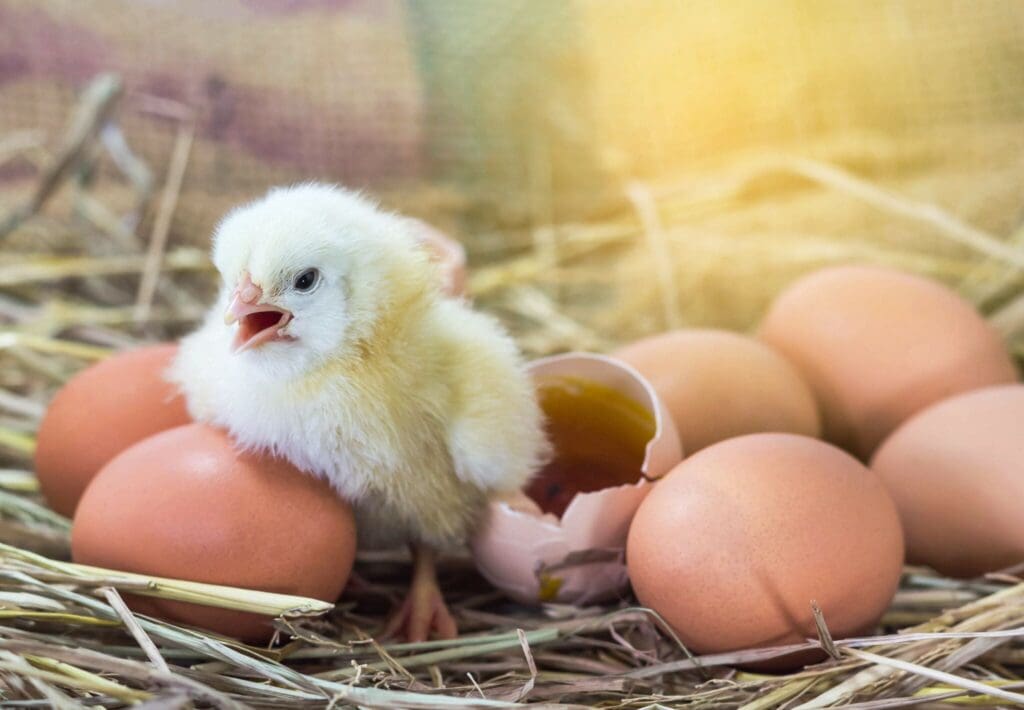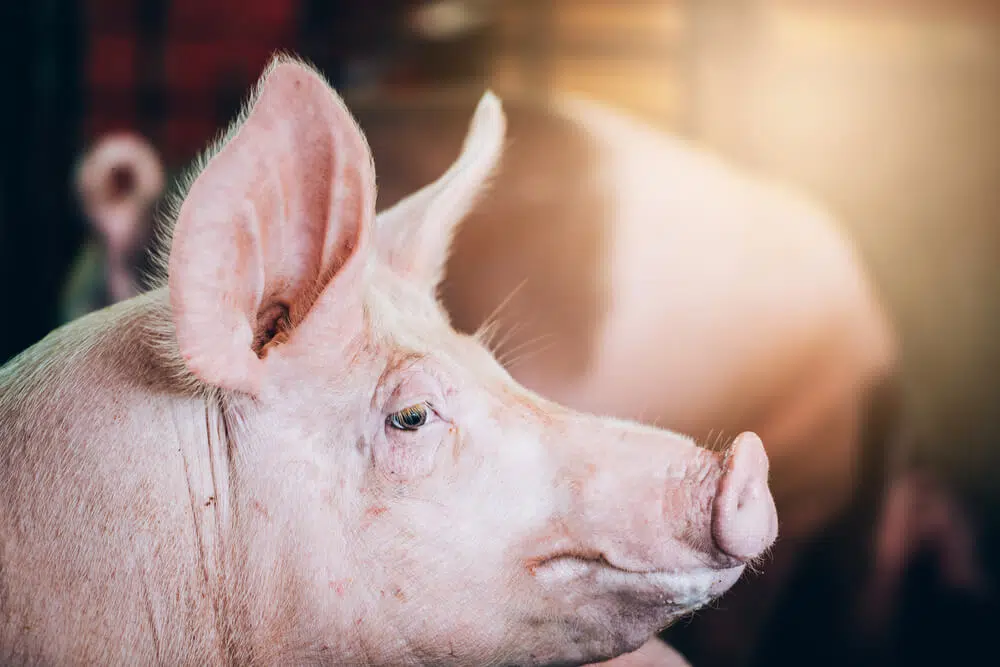With the recent price volatility of conventional feed ingredients, the animal feed industry will continue to seek alternative cost-effective feed ingredients such as cereal by-products. However, the successful applications of alternative ingredients will be dependent on the characterisation of their nutritive value, availability of technologies for mitigating risk associated with them and potential economic benefits when formulated correctly into pig diets. For example, the high non-starch polysaccharides (NSP) and indigestible protein contents in cereal by-products can limit their inclusion into pig feed, however, supplementation with NSP-degrading enzymes and proteases might allow high inclusion of such feedstuffs. The ability to find and evolve the next generation of feed enzymes will be driven by understanding the target substrates and the implications to animal nutrition.
Mashilo Phosa is the Swine team lead at Chemuniqué
